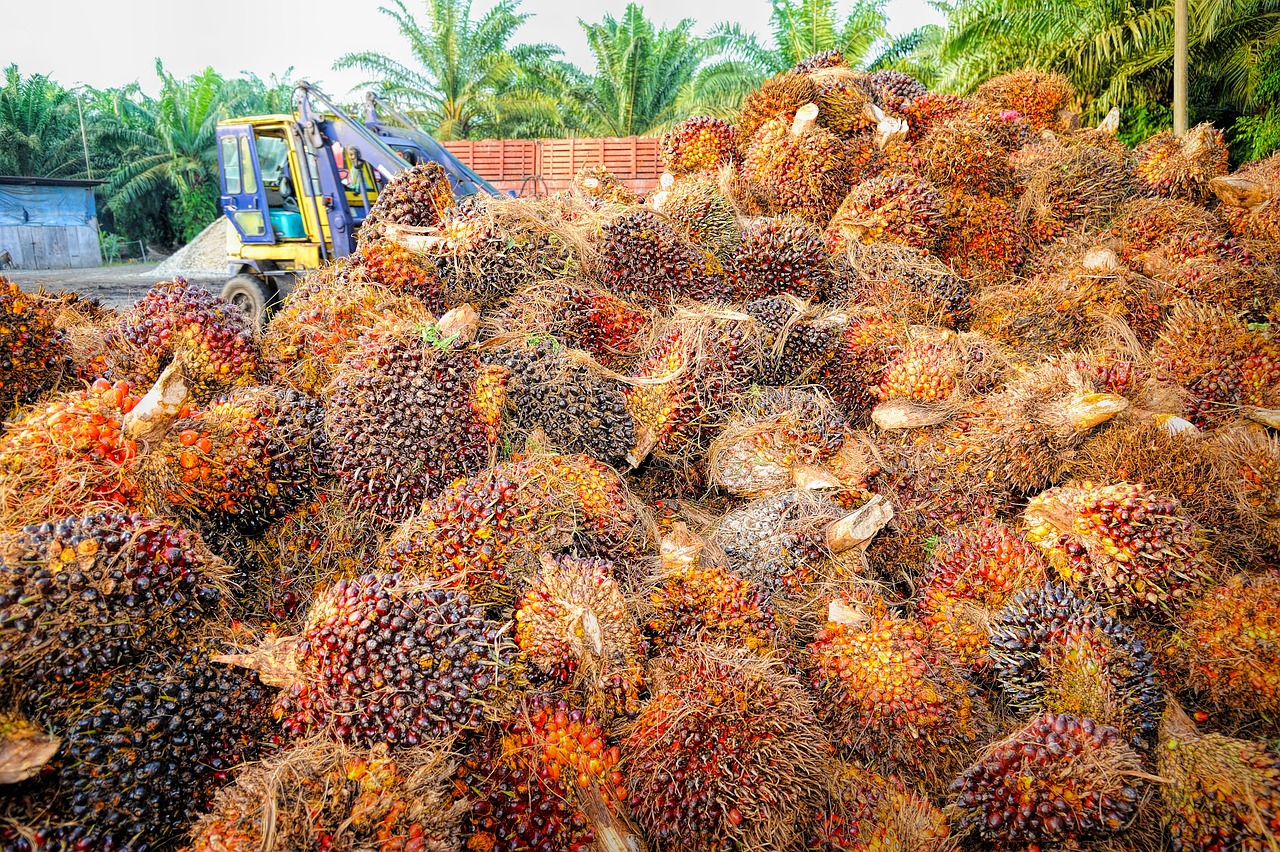KUALA LUMPUR – The World Trade Organisation’s (WTO) adjudicating panel has largely sided with the European Union (EU) in a challenge filed by Malaysia in 2021 over the eligibility of palm oil-based biofuels to count towards renewable energy targets.
In its ruling, the WTO said “Malaysia has failed to establish” that some measures brought in under the EU’s RED II “are inconsistent with the obligation… to ensure that technical regulations are not more trade-restrictive than necessary to fulfil a legitimate objective”.
Meanwhile, the EU contended that palm oil production was not sustainable; hence, biofuels derived from the crop cannot be counted towards the bloc’s renewable targets.
The WTO’s three-person panel voted by two-to-one against Malaysia, but said the EU needs to adjust its measures without withdrawing them.
However, the WTO panel, in its 348-page report, identified certain deficiencies in how the EU Renewable Energy Directive of 2018 (RED II) had been prepared, published and administered.
Among the measures, the EU sought to limit the eligibility of crop-based biofuels to count towards member states’ renewable energy targets, and phase out the eligibility of palm oil-based biofuels by 2030.
Earlier, the EU set a target of 10% of transport fuels from renewable sources and crop-based biofuels are considered renewable if they meet sustainability criteria.
The EU excludes crops grown on deforested land or where there is a high risk of displaced food crops.
However, crops grown in the bloc, such as sunflower or rapeseed, will not be phased out by 2030, unlike palm oil-based biofuels.
Malaysia, which is the world’s second-largest producer of palm oil after Indonesia, had requested an arbitration panel as EU member states, such as France and Lithuania, had restrictive measures on the use of palm oil that violated international trade agreements.
Previously, Malaysia challenged Lithuania’s law on renewable energy, which was amended to reflect the EU’s RED II ruling.
Indonesia’s separate palm oil case against the EU is pending at the WTO, claiming the EU’s restrictions went against several provisions under international trade agreements.
They also challenged a French tax measure introduced to meet the EU energy targets.
The two Southeast Asian countries produce at least 85% of the global palm oil exports.
Palm oil is a key ingredient in numerous products, from food, toiletries to cosmetics. – March 6, 2024

